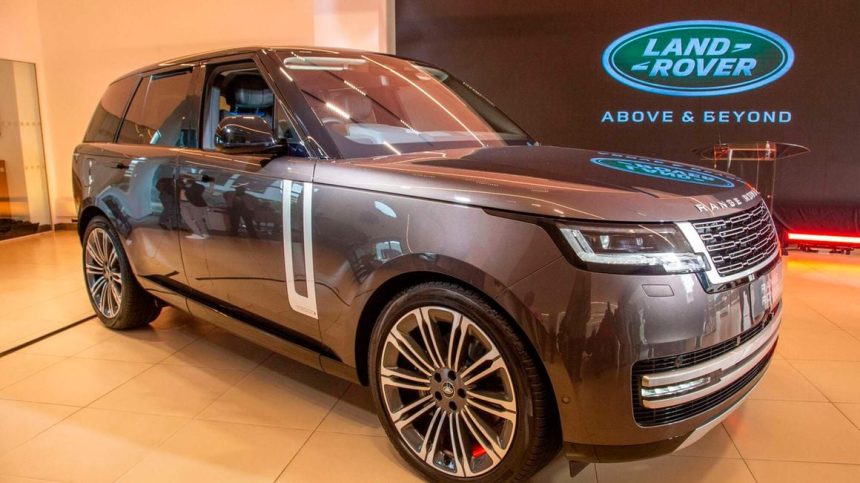New luxury cars sales shrunk 38.1 percent in the half-year ended June, weighed down by low orders for BMW, Land Rover and Mercedes models.
The dealers –CFAO Motors Kenya and Inchcape Kenya— moved 34 units in the review period. This was down from 55 units a year earlier, according to data from the Kenya Motor Industry Association (KMIA).
Sales of Mercedes, by CFAO, fell to 21 from 23, registering the smallest fall in demand. Orders for BMW, sold by Inchcape, declined the most to two from 14.
Sales of Land Rover models including Range Rover, whose franchise is also held by Inchcape, halved to nine from 18.
Inchcape also sold two Jaguar models, having posted zero sales of the luxury performance cars a year earlier according to the KMIA data.
There were no sales of Bentley and Porsche models in the wake of the termination of the distributorship contracts of the local dealers Bentley Nairobi and Porsche Centre Nairobi.
Makers of the two luxury cars are yet to appoint new dealers in Kenya.
This means that those interested in the models will have to import them as the dealership vacuum persists. The high-end car dealers have posted a worse performance compared to the overall new vehicle market, signaling a cutback in spending by rich individuals as well as private firms and some government departments.

Total new vehicles declined by a smaller margin of 12.5 percent in the half-year period under review. Orders in the industry fell to 5,679 units compared to 6,492 units a year earlier, according to the KMIA statistics.
Most of the dealers including Isuzu East Africa and Simba Corp registered lower sales in the review period. CFAO Motors Kenya, newly merged from the former Toyota Kenya and DT Dobie, bucked the trend to post higher sales due to increased demand for its non-luxury vehicles.
Besides Mercedes, CFAO sells multiple other vehicles including Toyota, Volkswagen and Hino models. Players in the industry faced multiple challenges in the review period including shortages of some models, rising interest rates for customers financed by banks, weakening of the shilling and pending bills which are progressively being settled by the government.
The local currency has depreciated 16.5 percent against the US dollar in the past 12 months alone, inflating the cost of imports including vehicles.
Rising interest rates are also curtailing demand, with bank loans approaching the 20 percent mark for many customers who previously borrowed at 13 percent or lower.
Dealers say the debate which surrounded the Finance Bill 2023, which has since been signed into law, also caused a wait-and-see stance among some customers fretting over the expansion of taxes.



